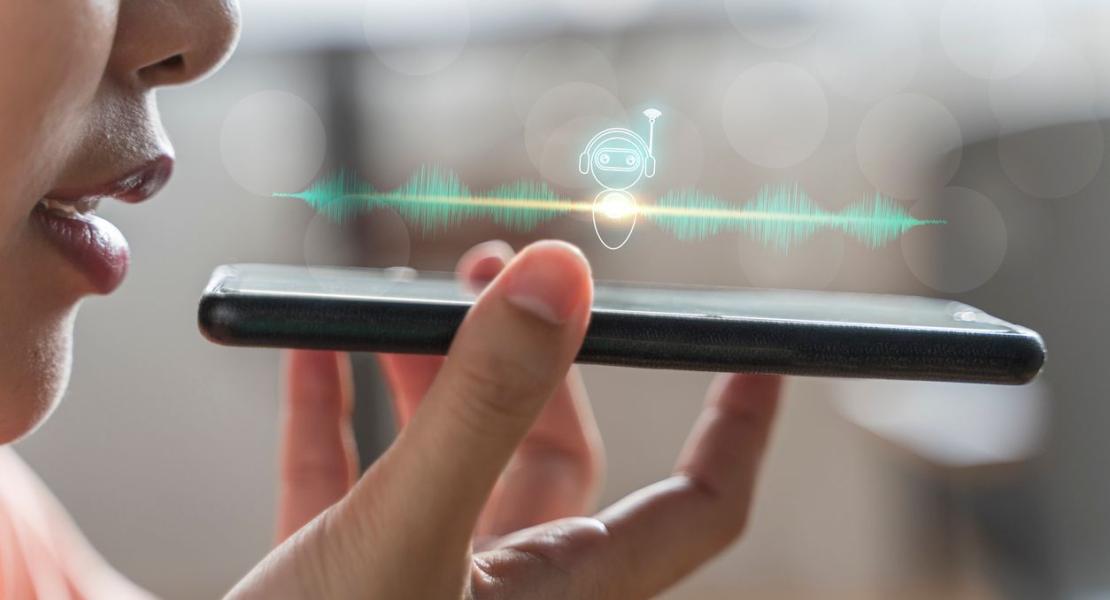Are Your Apps Spying on You?
It seems like there’s an app for everything these days. An app for banking. An app for editing photos. An app for ordering your favourite takeout in Cornwall or booking a campsite in Cavendish. But while apps make life more convenient, they often ask for access to more than they need—like your location, microphone, or contact list.
So, what are your apps really doing in the background? And how can you protect your privacy?
What Kind of Data Are Apps Collecting?
Many apps collect more information than they need to function. Some gather:
- Your location, even when the app isn’t in use
- Access to your camera or microphone
- Contact lists and call logs
- Browsing habits and app usage
- Device information and unique identifiers
This information can be used for targeted advertising, sold to third parties, or in some cases, exploited by malicious actors.
Why It Matters
Even legitimate apps can pose privacy risks if they collect too much information. The more data an app has, the more damage it can cause if that data is leaked or misused. In some cases, apps have been caught recording audio, tracking users without consent, or accessing sensitive information in the background.
Managing app permissions is one of the easiest ways to reduce your exposure to these risks and protect your personal information.
How to Protect Yourself
- Review app permissions regularly: Go into your device settings and check what each app can access. Cancel any permissions that aren’t necessary for the app to serve its purpose.
- Only download apps from official stores: Stick to trusted sources like the Apple App Store or Google Play. Avoid third-party app stores that may host unsafe software.
- Be cautious with free apps: If an app is free, it might be making money by collecting and selling your data. Read the privacy policy and reviews before installing.
- Limit location tracking: Turn off location access for apps that don’t need it. Use “While Using the App” instead of “Always” when possible.
- Uninstall apps you don’t use: Old or unused apps can still collect data in the background. If you’re not using it, remove it.
Final Thoughts
Apps make life easier, but they shouldn’t come at the cost of your privacy. Whether you're using a fitness tracker or a budgeting app, taking a few minutes to manage your app settings can help keep your personal information safe.
For more cybersecurity tips and tools, visit:
- Get Cyber Safe – Canada’s official cybersecurity awareness campaign.
- BC Cyber Security Awareness – Government of British Columbia’s cybersecurity initiatives.
- Ontario Cyber Security – Learn about cybersecurity in Ontario and how to stay safe online.
- Cyber Security Ontario – A dedicated hub for cybersecurity best practices and training.
- Alberta Digital Literacy – Resources to enhance digital literacy skills in Alberta.

